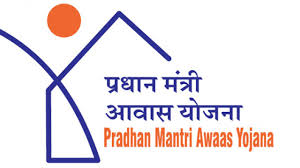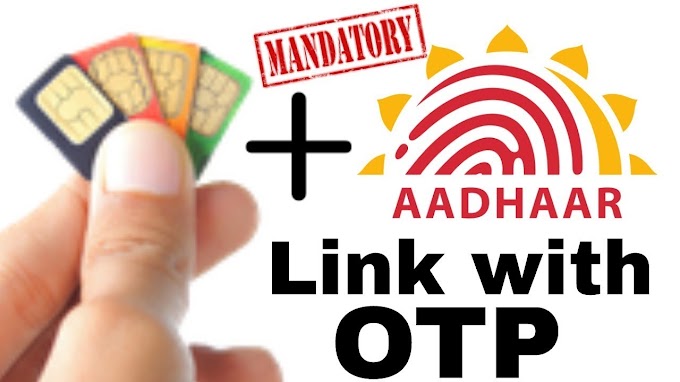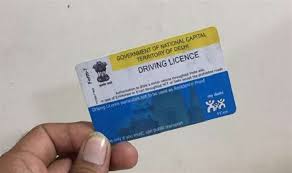Banks can now accept the proof of owning an Aadhaar for Know Your Customer (KYC) verification under certain conditions. According to a statement by the Reserve Bank of India (RBI), the Aadhaar number can be used for KYC verification on
consent from the customer.
consent from the customer.
Updating its list of eligible KYC documents, the Reserve Bank of India noted: "Banks have been allowed to carry out Aadhaar authentication/offline-verification of an individual who voluntarily uses his Aadhaar number for identification purpose." The Aadhaar number, also known as Unique Identity Number (UID), is a 12-digit personal identification number issued by the Unique Identification Authority of India (UIDAI) under the Aadhaar programme. The central bank has specified KYC norms to be followed by banks and other regulated financial institutions, such as non-banking finance companies (NBFCs) and payment system providers.
Here are 10 things to know about the recent announcement on Know Your Customer (KYC) norms::
- For customer identification of individuals, the banks should obtain the customer's Aadhaar and "may carry out" e-KYC authentication in case the customer is "desirous" of receiving any benefit or subsidy under direct benefit transfer (DBT)..
- For non-DBT beneficiary customers, the Regulated Entities (REs) should obtain a certified copy of any Officially Valid Documents (OVD) containing details of customer's identity and address along with one recent photograph, the RBI added in its statement.
- The regulated entities must also ensure that the customers (non-DBT beneficiaries) while submitting Aadhaar for Customer Due Diligence, redact or blackout their Aadhaar number, the amended Master Direction added.
- In cases where successful authentication has been carried out, other officially valid documents and photograph need not be submitted by the customer, it noted.
- Before temporarily ceasing operations for an account, the regulated entities should give the customer an accessible notice and a reasonable opportunity to be heard, the regulator said.
- In another important change with respect to KYC norms, the RBI said all non-individual customers - such as companies and partnership firms - have to mandatorily submit Permanent Account Number (PAN) along with other entity-related documents.
- "For existing bank account holders, PAN or Form No 60 is to be submitted within such timelines as may be notified by the Government, failing which account shall be subject to temporary ceasing till PAN or Form No 60 is submitted," it noted. Form 60 is required to be submitted by an individual who does not have a Permanent Account Number (PAN).
- For non-individual customers, PAN/Form No 60 of the entity (for companies and Partnership firms - only PAN) should be obtained apart from other entity related documents. The PAN/Form No 60 of the authorised signatories shall also be obtained, the central bank further said.
- In February this year, the Union Cabinet had approved promulgation of an ordinance to allow voluntary use of the Aadhaar number as identity proof for opening bank accounts and procuring mobile phone connections. The ordinance was necessitated as a bill, passed by the Lok Sabha in January but was pending in the Rajya Sabha.
- However, the ordinance then gave effect to changes in the Aadhaar Act such as giving a child an option to exit from the biometric ID programme on attaining 18 years of age.















